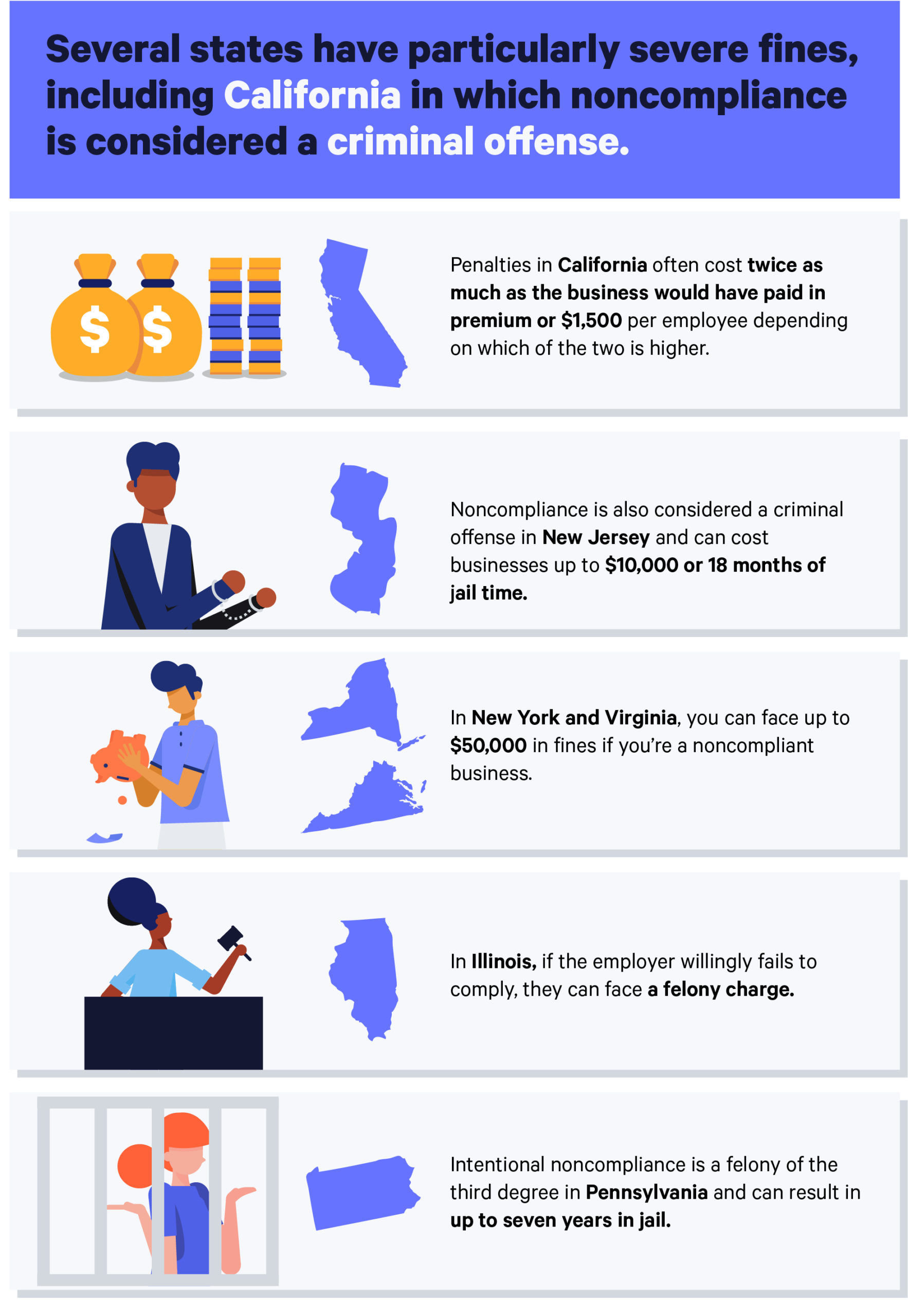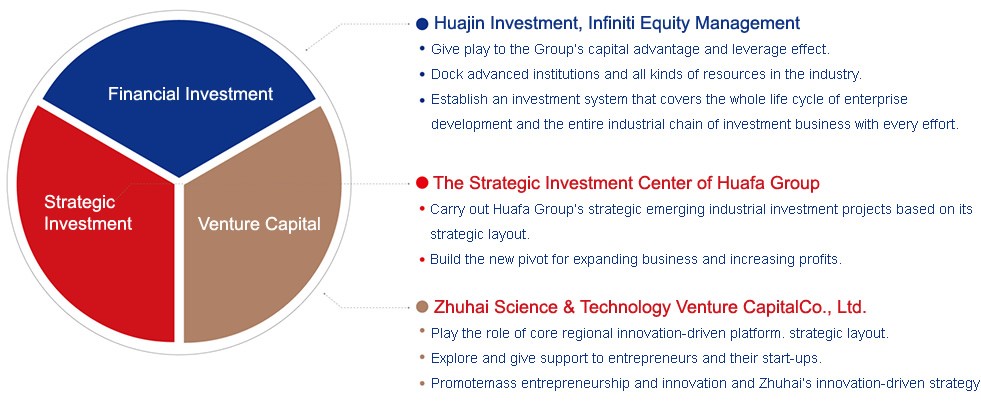Essential Investment Loan Requirements You Need to Know for Successful Financing
#### Investment Loan RequirementsWhen considering investment loans, understanding the **investment loan requirements** is crucial for securing the financing……
#### Investment Loan Requirements
When considering investment loans, understanding the **investment loan requirements** is crucial for securing the financing you need for your property ventures. Whether you're a seasoned investor or just starting, being well-informed about these requirements can help you navigate the lending landscape more effectively.
#### Understanding Investment Loan Requirements
Investment loans are specifically designed for purchasing properties intended for rental or resale. Unlike traditional home loans, investment loans come with different criteria that lenders evaluate to determine your eligibility. Here are some key investment loan requirements you should be aware of:
1. **Credit Score**: Lenders typically require a higher credit score for investment loans compared to primary residence loans. A score of 650 or higher is often necessary, but the best rates are usually reserved for those with scores above 720.
2. **Down Payment**: Investment loans usually require a larger down payment, often ranging from 20% to 30% of the property's purchase price. This higher down payment reduces the lender's risk, as investment properties can be more volatile than primary residences.

3. **Debt-to-Income Ratio (DTI)**: Lenders will assess your DTI ratio, which is the percentage of your income that goes towards paying debts. A DTI of 43% or lower is generally preferred, but some lenders may allow for higher ratios, especially if you have significant assets or a strong credit history.
4. **Property Appraisal**: An appraisal is often required to determine the property's market value. This helps ensure that the loan amount does not exceed the property's worth, protecting the lender's investment.
5. **Rental Income Verification**: If you're purchasing a property with the intent to rent it out, lenders may require documentation of potential rental income. This could include leases, rental agreements, or market analysis showing comparable rental rates in the area.
6. **Experience Level**: Some lenders may consider your experience as a property investor. If you have a history of successful investments, you may have an easier time securing a loan, as lenders view you as a lower risk.
7. **Cash Reserves**: Having cash reserves can strengthen your application. Lenders often prefer borrowers who have enough savings to cover several months of mortgage payments in case of vacancies or unexpected expenses.

8. **Loan Type**: Different types of investment loans exist, such as fixed-rate mortgages, adjustable-rate mortgages, and portfolio loans. Understanding the differences and selecting the right loan type for your investment strategy is essential.
#### Preparing for Your Investment Loan Application
Once you understand the **investment loan requirements**, the next step is preparing your application. Here are some tips to help you get ready:
- **Improve Your Credit Score**: If your credit score is below the desired threshold, take steps to improve it before applying. Pay down debts, make payments on time, and avoid taking on new debt.
- **Save for a Down Payment**: Start saving early for your down payment. The more you can put down upfront, the better your chances of securing favorable loan terms.

- **Gather Documentation**: Prepare all necessary documentation, including tax returns, bank statements, and proof of income. Having these documents ready can expedite the application process.
- **Consult with a Mortgage Broker**: A mortgage broker can help you navigate the various lenders and loan products available, ensuring you find the best fit for your investment needs.
In conclusion, understanding the **investment loan requirements** is essential for anyone looking to finance a property investment. By preparing adequately and meeting these requirements, you can increase your chances of securing the financing you need to achieve your investment goals. Whether you're looking to buy a single-family rental or a multi-unit property, being informed will set you on the path to success in your real estate endeavors.